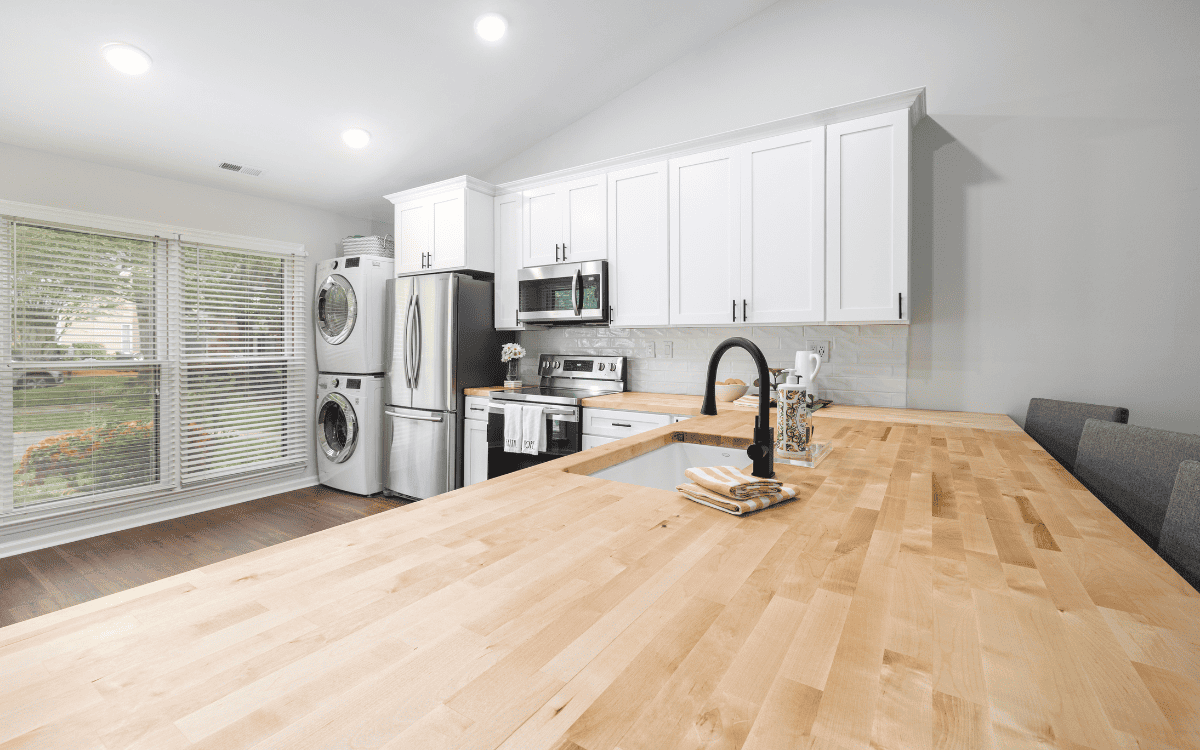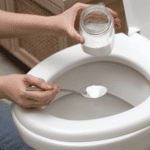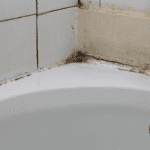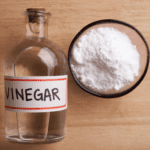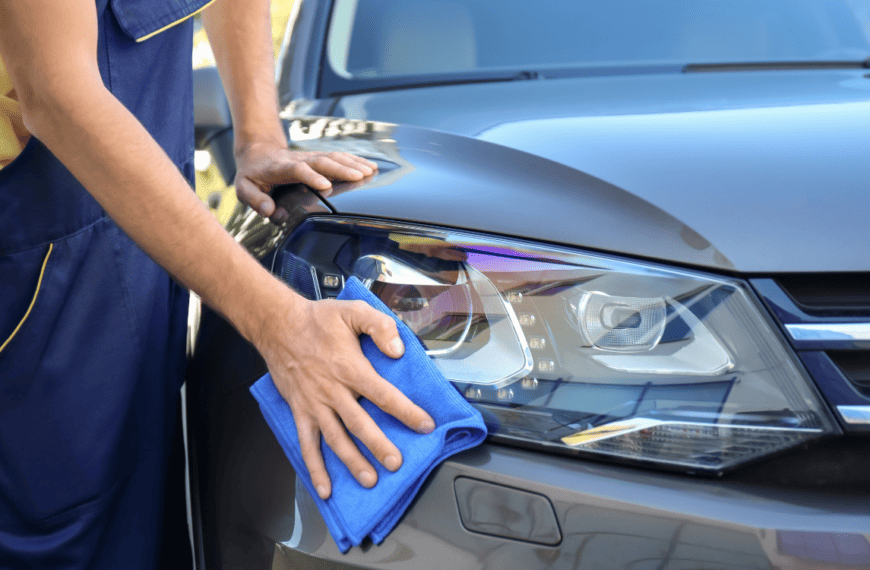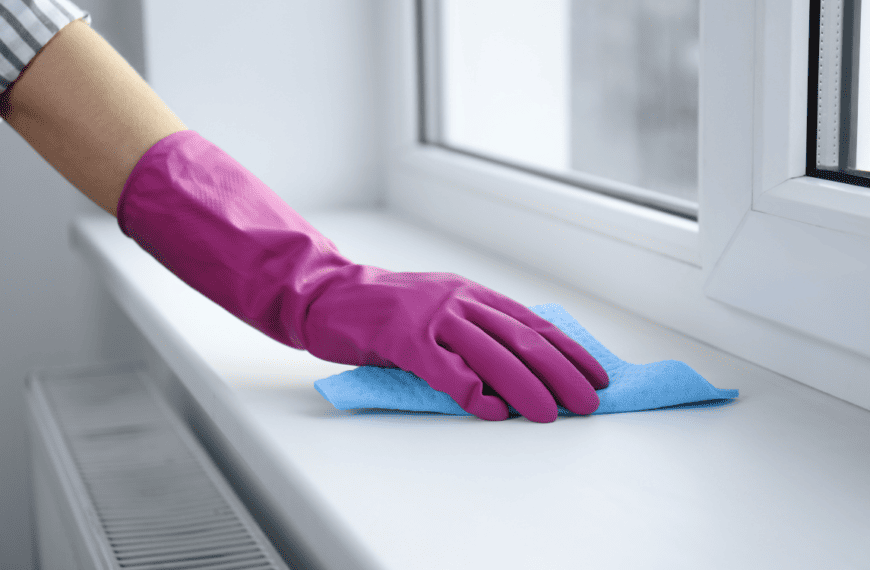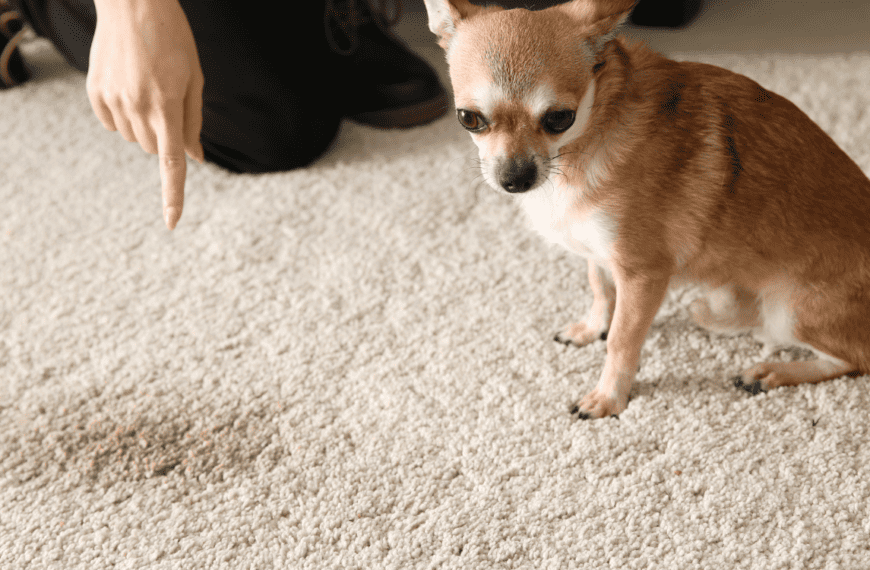Sealing butcher block countertops can seem daunting, but it doesn’t have to be. I’ve navigated the complexities of this process so you don’t have to. In this guide, you’ll learn the right way to seal your butcher block counters, ensuring they look great and last long. Let’s dive in!
Before You Begin: Important Tips To Keep In Mind
I don’t want to discourage you before you even start this process on your butcher block counters, but there is more to this process than simply throwing some mineral spirits or oil on your butcher blocks. Here are some of the important things to keep in mind before you start.
- Know Your Wood. You must know the type of wood used in your wood countertop. Different woods have varying characteristics, including how they accept different sealants
- Coats and Drying Times. Knowing your wood also gives you insight into how many coats and expected drying times for your sealing
- Work in a Well-Ventilated Area. Make sure you work in a well-ventilated area with butcher block sealers; you may want to wear a mask and gloves as well
- Patience is Key. This process is going to take you several days (because of drying times), so hold off on those dinner parties for at least a week
- Decide on Usage. Before you use any products on your butcher block, decide if you are using the butcher block as a cutting board. If so, you’ll need to choose a food-safe sealant that provides adequate protection against stains and bacteria
Determine What Kind of Wood You Are Working With
Not all butcher block countertops are made with the same type of wood. The products you use as a butcher block sealer must match the wood type. Here are the main categories of wood you could be dealing with and how to ensure your counters are sealed properly.
Hardwood (Maple, Oak, Cherry, Walnut)
Hardwood is less porous, which will come in handy when sealing your counters. Expect to use fewer coats of water based polyurethane and finish this project considerably quicker.
Softwood (Pine)
Pine is quite porous, so the sealant will sink in and make it difficult to complete the sealing process. An oil based sealant like tung oil could be a good choice for softwood because it won’t make the wood shiny, and it’s a natural oil safe for areas where food is.
Others (Teak, Mahogany)
Teak and mahogany or specialized woods need a specific sealant because of the oily nature of the wood itself. The oils inside the teak and mahogany need to interact with the sealant properly for it to seal the butcher block correctly.
Reclaimed Wood
If you are refinishing reclaimed wood to use as a butcher block, expect to do a lot of cleaning and then use a specialized sealant to ensure it does not have trouble sticking.
Prepare for Sealing
Now that you have identified your wood type and are ready to start sealing your butcher block, there are a few final steps to take to prepare for the process.
- Clean the butcher block with Clark’s Organic Soap for Butcher Blocks
- Test to see if sanding needs to be done; see if water beads on the surface; inspect for rough areas, scratches, dents, or even stains; look for previous wax or oil finish that may need to be removed
- If sanding is needed, choose a medium grit (120-150) to start with, then move down to fine (180-200), extra fine (320-400), and then finally finish with very fine (600+)
- Always sand in the direction of the grain of wood when working with butcher block; use a sander like SKIL Corded Multi Function Detail Sander
- If you have a raw butcher block counter that has never been finished, the wood surface should not need sanding; the natural wood is ready for sealant and should have a smooth, natural texture if it was manufactured correctly
- Pick the right sealant based on the type of wood you are dealing with
How To Seal Butcher Block Countertops
The best sealer for butcher block counters that I have found is Tung Oil. The tung oil comes directly from a tung tree, so the product is safe for food prep as soon as it is fully cured. As tung oil dries, it polymerizes and creates a thin coating or layer on top of your butcherblock counters. This tung oil process is best for oak, cherry, walnut, and even teak.
Supplies and Tools
- Tung oil
- Lint free cloth or sponge
- Gloves
Step by Step Process To Seal Butcher Block Counters With Tung Oil
- Make sure counters are completely clean and a light sanding has been completed if necessary
- Use a lint free cloth or sponge to distribute tung oil across the butcher block
- Allow the tung oil to sit for 25 minutes
- Wipe off excess oil and allow counters to dry for 24 hours
- Repeat this process two to three times, depending on how much protection you are looking for
- Wait until the tung oil is fully cured (5-10 days) before you use it as your normal kitchen countertop
Pros and Cons
Tung oil is my favorite solution for sealing butcher block counters; however, it has a few negatives that come along with it.
Overall, tung oil is food safe and easy to work with. Tung oil is environmentally friendly, easy to work with, and quite durable, especially regarding waterproofing.
The downsides here are the strong smell of the tung oil as well as the high price of the higher quality. If you have a large countertop, this could be a costly process. The time it takes tung oil to completely dry will also vary depending on your climate.
Alternative Methods To Seal Butcher Block Counters
Before deciding on the ultimate method to seal your butcher block counters, look at the type of wood you are dealing with.
Mineral Oil
I have tried food grade mineral oil not on my own butcher block countertops but on a large butcher block cutting board. I was impressed with how it held up quite well for about a month. Mineral oil can be used on all types of wood found in butcher blocks.
Mineral oil is inexpensive and food safe, making it a great option if you are nervous about putting that first coat down on your new counters. The problem, of course, is that mineral oil does not create a true waterproof surface. You have to reapply at least once a month to keep your butcher block in good condition.
- On a clean and dry butcher block, apply mineral spirits to the entire surface
- Allow the mineral oil to sit on the surface for at least 5 hours
- Wipe off any excess oil
- Repeat the process at least once per month
Commercial Sealer
Waterlox and polyurethane are commercial products you can use to seal your butcher block counters. The company Howard makes a product that also works quite well for maintaining your butcher block counters. The Howard Butcher Block Cleaner, Oil and Conditioner is a good, all-in-one solution.
You will have to use this quite often as it’s not a water-sealing solution, quite like tung oil or polyurethane.
- Use the Butcher Block Cleaner to clean the board completely and then let it dry
- Apply Butcher Block oil to rejuvenate the wood and bring out the original color
- Apply Conditioner according to directions, which does contain beeswax and carnauba wax to help with water resistance
- Allow the Conditioner to dry completely before using the counters
- Repeat as necessary, more often if counters are used often
Beeswax and Mineral Oil Mixture
We know that mineral oil doesn’t do much from a waterproof perspective; however, it can be mixed with a little beeswax to add a little water resistance. The beeswax and mineral oil mixture is natural and food safe, and it will make your counters look better. Just remember you will be repeating this fairly often.
- Create a mixture of equal parts beeswax and mineral oil, and stir the mixture well
- Apply the mixture across the butcher block counter evenly, almost as if icing a cake
- Let the mixture sit on the surface for a total of 20 minutes
- Wipe of excess with a soft cloth
- This process should be repeated about every three months or when you notice the butcher block counters need it
Polyurethane
Polyurethane is a true sealer, and it will work in most butcher block wood, including maple, oak, walnut, and cherry. Polyurethane is durable, water resistant, and available in several colors and sheen levels. With poly, be careful not to overdo the finish, or you can end up with a shiny, almost plastic-looking surface. Follow this process to avoid that from happening.
- Start with a clean and dry surface
- Check the directions on the polyurethane and follow them accordingly. I recommend using lint free cotton rags to apply, but a foam roller can work
- Don’t let this coat dry without wiping off excess polyurethane; in addition, make sure all brush strokes follow the grain of your butcher block
- Allow the polyurethane to dry completely (12-24 hours) before applying the next coat
- Sand with a very fine sandpaper between each coat to ensure more of a semi-gloss finish and a smooth look
- After putting the last coat on, read the manufacturer’s recommendation for how long to wait before using the counters
Important Note: Both water based polyurethane and oil based polyurethane can be used to seal butcher blocks. I prefer water based because it has quick drying times and a milder odor. The problem is it doesn’t last quite as long as oil based. Before making your choice, consider how often you use your counters and how frequently you’re willing to reseal, as water-based options typically require more frequent maintenance.
Waterlox
Waterlox is a sealer and finisher known to work on most butcher block counters, regardless of the wood type. Waterlox will give you the benefits of tung oil combined with a true wood varnish.
Water resistance here is quite good and lower maintenance than plain tung oil.
The only downside is that Waterlox contains solvents that are not food safe when wet; you have to let this one cure before using.
- Wipe the surface clean with lint free cloths
- Apply the Waterlox with a roller or foam brush
- Let the Waterlox sit for about 5-10 minutes; you may want to leave the room to avoid exposure to the toxic fumes
- Wipe off any excess stains and let the counter dry for a full 24 hours
- An additional 1 to 2 coats are likely going to be necessary to reach the desired finish
- Let the Waterlox cure for 8-15 days before using it
Types of Butcher Block Sealant and Finish
Now that you have some of the best recommended methods for cleaning butcher block counters, here is a quick and comprehensive overview of the most common types of butcher block sealant and finish so you have a handy list of all the options available to you.
Wax
The wax typically used on butcher blocks is a beeswax that provides a little bit of protection from water. Wax is really easy to apply, and it’s food safe; it just is not as durable as other types of sealers. The Howard Butcher Block Conditioner products are a common name for wax sealers.
Oil
An oil can penetrate the wood to help protect it long term. Polymerizing oils such as tung or linseed oil harden, providing water resistance and easier maintenance. Evaporating oils like mineral oil will need you to seal more often and the seal won’t be as durable.
Polyurethane
Polyurethane, like Minwax or Varathane, is a synthetic finish that will provide a water resistant film on your butcher block counters. The polyurethane is strong and lasts a long time. Unfortunately, the fumes make the installation process a bit more difficult.
Epoxy Resin
The epoxy resin creates a thick and durable cover on the butcher block counters. The problem with an epoxy resin like West System Epoxy is the application process. There is a high potential for air bubbles, and there aren’t as many finish options to choose from.
Shellac
Although you may not look at it when examining a product like Zinsser Shellac, the origin of Shellac is a bug. The natural resin harvested from lac bugs is dissolved in alcohol to make shellac. Shellac is susceptible to damage from water, and it’s not as durable as other methods.
Acrylic
Acrylic creates a fast drying and low odor finish that works for most woods. The problem with acrylic is that it is not as durable as oil based options. Minwax Polycrylic is a popular choice here.
Lacquer
Lacquer goes on smooth, and it creates a very glossy finish. Rust-Oleum makes a clear lacquer that is quite well known for use on wood. The major problem here is that lacquer is not food-safe, and it’s really difficult to repair if it gets damaged.
Waterlox
If you are wondering how to permanently seal a butcher block countertop, Waterlox is one of our recommended solutions. Its finishes combine tung oil and resin. The durability and longevity of the product are as close to permanent as you will get for a butcher block sealer. Just remember that Waterlox is not food safe when wet.
What Is the Best Sealer for Butcher Block Countertops?
Tung oil is the best sealer for butcher block countertops. If you want to increase the longevity of the seal, use Waterlox. Waterlox combines tung oil and resin to ensure you can seal the countertops less often.
Maintaining Your Butcher Block Countertops
Once you have the entire surface of your counters sealed, it’s time to make sure you don’t have to do this all that often. There are ways to clean butcher blocks and maintain them so you don’t get long term damage.
- Use a specific butcher block cleaner like Clark’s, something organic if possible, to clean wood kitchen countertops at least once per week
- After use, simply wipe down with a damp cloth and then dry
- Pay close attention to your own countertops and when they may be ready for another sealing (rough surfaces, stains, damage, discoloring.)
- Do not put hot plates or foods like turmeric and berries that can stain your counters. Also, don’t get the butcher block overly wet
- Use cutting boards to protect surfaces and avoid cutting directly on the butcher block
- Always have coasters or trivets nearby when you need to put down a hot plate or something that may have water on it
Do Butcher Block Countertops Need To Be Sealed?
A butcher block countertop needs to be sealed to help protect it from moisture and prevent the build-up of bacteria. Sealing, using the proper sealing technique and materials, will make your entire counter more food safe.
Butcher block counters, similar to a butcher block cutting board, have a lifespan, and sealing improves the lifespan of the countertop. Wood will not dry out and crack as quickly, and the overall appearance and feel are much more finished.
Can you waterproof butcher block countertops? Yes, and the best way to waterproof these countertops is to use the right sealer and ensure you keep up with the process over time.
Frequently Asked Questions (FAQ)
Can I Use Polyurethane on a Food Prep Surface?
Polyurethane can be used on a food prep surface, but it’s important to make sure that the polyurethane coating is food-grade. Using a non-food-grade material is not recommended for food prep areas, as it may contain chemicals that could leach into your food.
How Often Should I Reseal My Butcher Block Countertop?
Do a water drop test on the butcher block countertop to see if the water beads up; if it does not, you can assume it’s time to reseal the butcher block. For most people with average use of the counters, this is every 12 months. However, the frequency may vary depending on the type of sealant used and how heavily the countertop is used.
Can I Use My Butcher Block Countertop as a Cutting Board After Sealing?
A sealed butcher block counter can be used as a cutting board, as food and liquids should not sink in. However, sealing won’t prevent the countertop from scratches, damage, and deterioration. It’s best to use a separate cutting board for cutting food.
Is There a Difference Between Sealing and Finishing a Butcher Block Countertop?
Sealing and finishing are terms often used interchangeably. However, it’s important to note that sealing is primarily designed to provide a water-resistant protective barrier on the counters, while finishing is sometimes used to create a soft shine and restore natural beauty.

